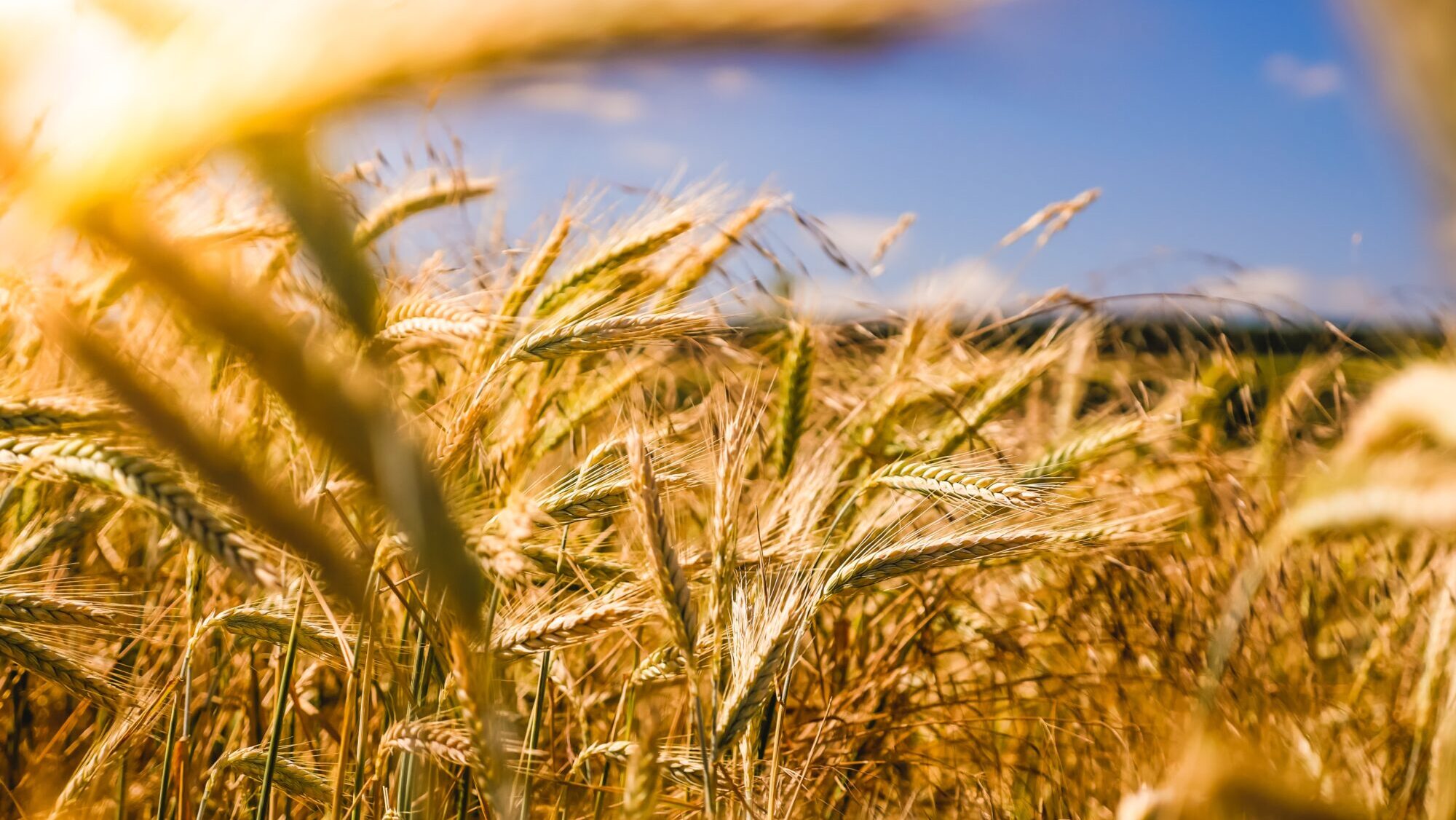
Photo: Photo by Raphael Rychetsky on Unsplash
Farmers in the Visegrad countries are calling on the European Union and their governments to find a joint solution to the problem of European markets being flooded with Ukrainian grain and other agricultural products due to a temporary lifting of import restrictions from Ukraine.
Farmers associations from Hungary, Slovakia, Czechia, and Poland signed a joint communique following a meeting late last week. In their statement, representatives of the Agrarian Chamber of the Czech Republic, the Slovak Agricultural and Food Chamber, the Polish Regional Council of Agricultural Chambers, and the Hungarian National Chamber of Agriculture said it is necessary to support the Ukrainian economy due to the Russian invasion in 2022 but such support cannot come at the cost of undermining farmers in Central Europe.
“Due to the decline in livestock production since the 1990s by about a third, we are forced to export millions of tonnes of cereals to Western markets, which are now occupied by Ukrainian production. This does not have to meet strict quality standards, just as Ukrainian farms do not have to comply with the regulations and regulations [sic] resulting from the European Union’s Common Agricultural Policy,” said Jan Doležal, President of the Czech Chamber of Agriculture, during the meeting.
In the joint statement, the agriculture associations called on the EU and their own governments “to act in a coordinated way to defend their own interests, farmers and food producers by extending the unilateral ban on imports of certain commodities into our territory, as well as to extend and unify the list of such commodities.”
The associations also agreed that before being accepted into the EU, Ukraine needed to meet all accession agreements and prove it was following the standards outlined in the EU’s Common Agricultural Policy. Unless such conditions are met, the farmers argued, Ukraine’s accession to the EU would fundamentally disrupt the EU internal market.
In June 2022, the EU temporarily lifted restrictions on imports from Ukraine so that grain could reach international markets by overland routes after Russia blockaded the Black Sea. Ukraine is one of the top cereal producers globally and exports to poorer countries in Africa and Asia that rely on food imports. But the logistics proved more complicated than planned and tonnes of grain ended up stuck just across the Ukrainian border, flooding European markets and depressing prices, particularly in countries bordering Ukraine.
After several countries implemented their own unilateral import bans, the European Commission promised to monitor the situation to regulate the influx of Ukrainian products in the case of market distortions.
The European Commission claims that, at the moment, Ukrainian imports are moving through Europe well and there is only “some risk” of imports driving down prices and threatening the rentability of local production.
“We do not see any significant adverse development on the EU agricultural market,” the Commission’s Deputy director for agriculture, Pierre Bascou, recently told MEPs in the European Parliament’s agriculture committee (AGRI).
Bascou admitted the Commission had detected “some vulnerability and risk” in certain sectors including poultry, eggs, and sugar. He added that “this is an element we are monitoring very closely.”
Slovakia’s new Agricultural and Rural Development Minister Richard Takáč (Smer) also attended the farmers meeting and fully endorsed its conclusions.
